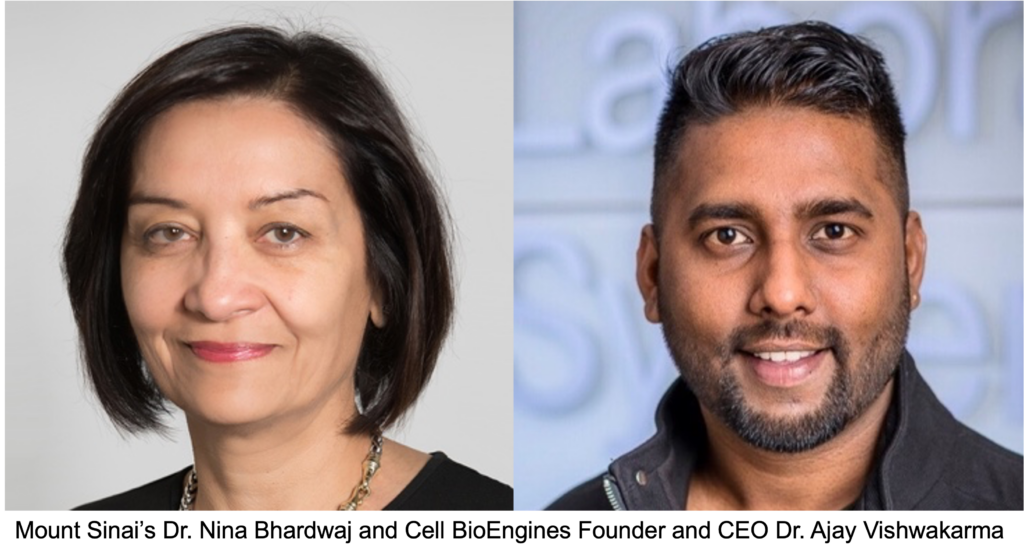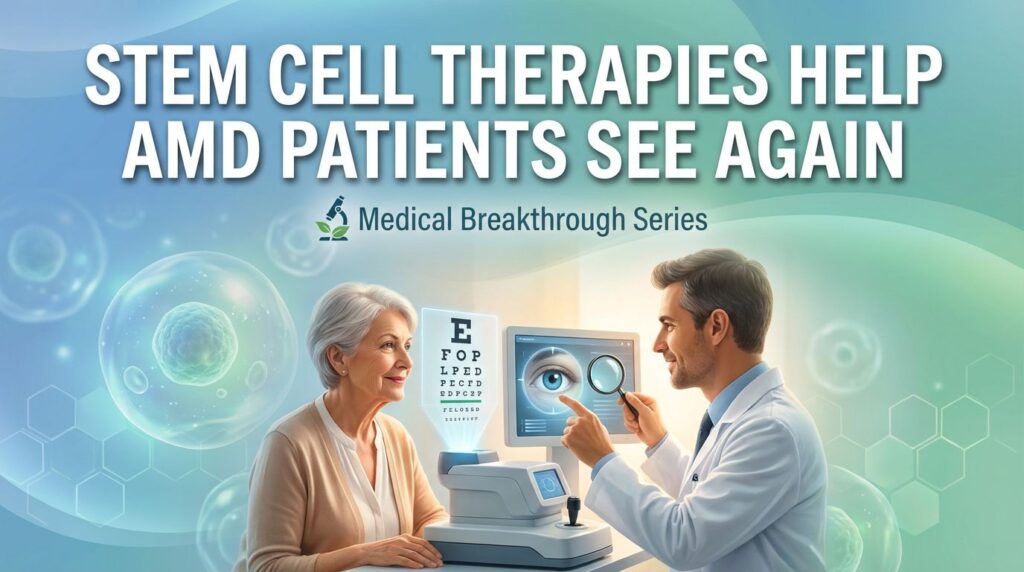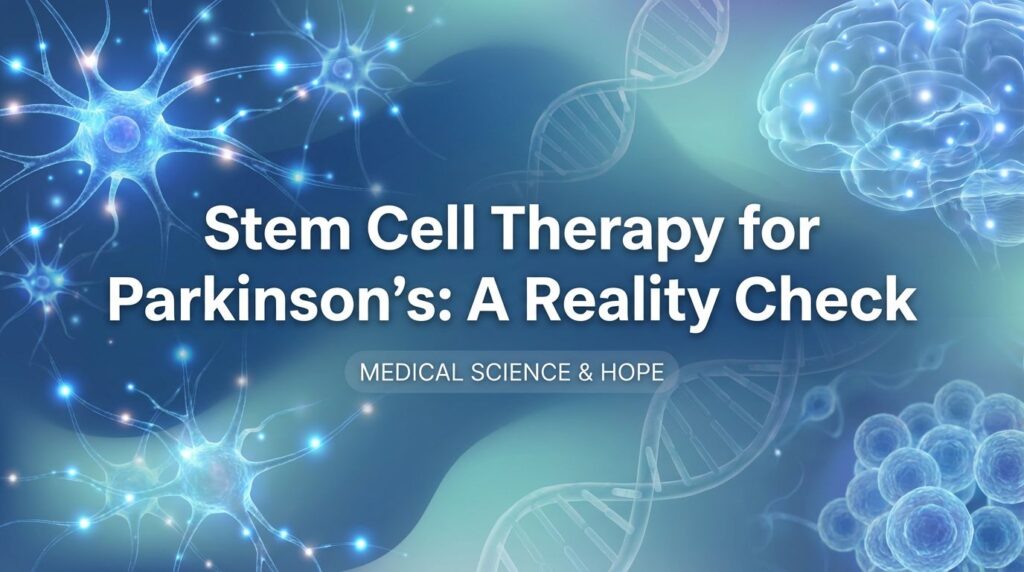BOSTON and NEW YORK, Jan. 25, 2023 (GLOBE NEWSWIRE) — Cell BioEngines Inc. (the “Company”), a cell and gene therapy company focused on developing an allogenic cell-based product for solid tumors, today announced that it has entered into an exclusive license agreement with Icahn School of Medicine at Mount Sinai (“Icahn Mount Sinai”), in New York, NY for the development and worldwide commercialization rights relating to intellectual property for differentiating most potent immune cell from stem cells and large-scale manufacturing. Under the agreement, Cell BioEngines will utilize Icahn Mount Sinai’s technology platform to develop discrete immune cell-based therapies, such as subtypes of dendritic cells (DC), NK cells, and macrophages, previously inaccessible to cancer patients.
The licensed technology is based on discoveries by Nina Bhardwaj, MD, PhD, Ward-Coleman Chair in Cancer Research at Icahn Mount Sinai, Member of The Tisch Cancer Institute at Mount Sinai, and Member of The Parker Institute for Cancer Immunotherapy at Memorial Sloan Kettering Cancer Center together with Sreekumar Balan, PhD, Assistant Professor of Medicine (Hematology and Medical Oncology) in the Bhardwaj lab at Icahn Mount Sinai. Under the terms of the agreement, Icahn Mount Sinai will be eligible to receive an undisclosed upfront cash payment as well as additional milestones based on development, regulatory, and commercial milestones.
“Cell BioEngines is truly honored and excited to have this opportunity to advance Icahn Mount Sinai’s discovery to offer great hope for people with cancer and position Cell BioEngines to be a key player in the immune cell-based therapeutics area,” said Ajay Vishwakarma, DMD, MSc, MBA, Founder and CEO of Cell BioEngines Inc.
“The technology platform developed in Nina’s laboratory fundamentally embraces the incredible complexity of discovering single immune cell signatures in the tumor microenvironment, building on my previous research conducted at Harvard Medical School/Broad Institute and enables us to differentiate and manufacture the most potent clusters of immune cell states in high numbers that are spatially stable and chemically configured to activate a robust response against cancer,” he added.

“We are excited by the broad product potential the technology platform can offer to fight multiple solid tumors and help many people throughout the world. And certain immune cells like dendritic cells or natural killer cells are so rare, it’s not easy to even isolate the broad cell types, let alone the specific cell states,” said Alexey Bersenev, MD, PhD, Laboratory Director of Advanced Cell Therapy at the Yale New Haven Hospital, Co-founder, and Chief Technology Officer of Cell BioEngines Inc. Dr. Bersenev was previously involved in transfer of manufacturing process of the first commercial CAR-T cell product, Kymriah, from University of Pennsylvania to Novartis.
The primary product focus of Cell BioEngines is to stimulate patients’ adaptive immune system using a DC-based therapeutic cancer vaccine, now well-known for driving response in treatment-naïve and immunotherapy patients. Although CAR-T cells can be effective for blood cancers with identifiable tumor-specific surface antigens, targeting broader set of anonymous antigens and priming new tumor-reactive T cells are distinct cell-based benefits of cancer vaccines in solid tumors.
“We are delighted that the potency of conventional type I dendritic cell subsets (cDC1), a non-redundant cell subset in antitumor immunity will be evaluated for the first time in the clinic to treat cancer patients,” said Dr. Bhardwaj. “Our immune cell generation platform can generate billions of functional dendritic cell subtypes and provide an option for developing off-the shelf cellular vaccine for cancer immunotherapy,” said Dr. Balan, who invented the technology with Dr. Bhardwaj.
About Cell BioEngines, Inc
Cell BioEngines, Inc is an innovative biopharmaceutical company focused on democratizing access to cell-based immunotherapy product candidates for cancer patients. The business strategy is designed to develop its proprietary platform technology of identification, cellular differentiation, and scalable manufacturing of specific immune cell states with clinical potential. Through this approach, the company has created a pipeline of development-stage assets for revenue stream.
The large-scale generation of specific cDC1 cells for cancer immunotherapy from hematopoietic stem cells is based on technology developed by Mount Sinai faculty and licensed to Cell BioEngines. Mount Sinai has a financial interest in Cell BioEngines.
About the Icahn School of Medicine at Mount Sinai
The Icahn School of Medicine at Mount Sinai is internationally renowned for its outstanding research, educational, and clinical care programs. It is the sole academic partner for the eight-member hospitals* of the Mount Sinai Health System, one of the largest academic health systems in the United States, providing care to a large and diverse patient population.
Ranked 14th nationwide in National Institutes of Health (NIH) funding and among the 99th percentile in research dollars per investigator according to the Association of American Medical Colleges, Icahn Mount Sinai has a talented, productive, and successful faculty. Mount Sinai’s technology transfer office, one of the largest in the country, partners with faculty and trainees to pursue optimal commercialization of intellectual property to ensure that Mount Sinai discoveries and innovations translate into healthcare products and services that benefit the public. Icahn Mount Sinai’s commitment to breakthrough science and clinical care is enhanced by academic affiliations that supplement and complement the school’s programs.
Through the Mount Sinai Innovation Partners (MSIP), the Health System facilitates the real-world application and commercialization of medical breakthroughs made at Mount Sinai. Additionally, MSIP develops research partnerships with industry leaders such as Merck & Co., AstraZeneca, Novo Nordisk, and others.
The Icahn School of Medicine at Mount Sinai is located in New York City on the border between the Upper East Side and East Harlem, and classroom teaching takes place on a campus facing Central Park. Icahn Mount Sinai’s location offers many opportunities to interact with and care for diverse communities. Learning extends well beyond the borders of our physical campus, to the eight hospitals of the Mount Sinai Health System, our academic affiliates, and globally.
——————————————————-
* Mount Sinai Health System member hospitals: The Mount Sinai Hospital; Mount Sinai Beth Israel; Mount Sinai Brooklyn; Mount Sinai Morningside; Mount Sinai Queens; Mount Sinai South Nassau; Mount Sinai West; and New York Eye and Ear Infirmary of Mount Sinai.
Contact
Mark Joubert., J.D.
Chief Legal Officer
Cell BioEngines, Inc



